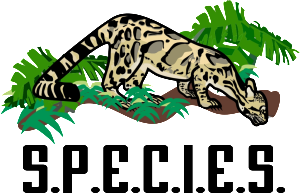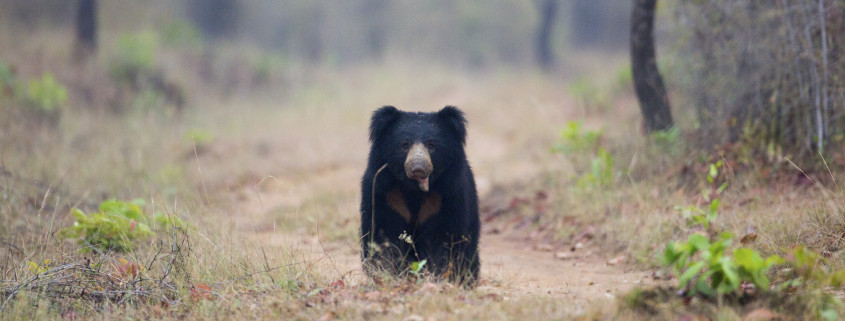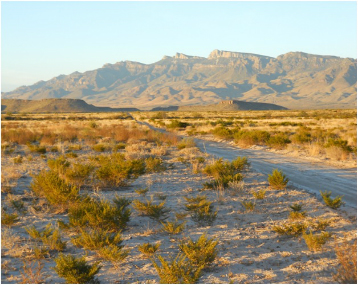Does Taiwan want to see Clouded Leopards Again? First We Need to Ask!
It is not entirely clear when, but some time during the last century more or less the Formosan clouded leopard, as it was known, went extinct on Taiwan. Exactly what drove its decline is also not known, as there are extensive areas on the island, including Tawu Mountain Nature Reserve, suited to hosting populations of clouded leopards and those of their prey. Rumored to be the most beautiful of clouded leopards, recent genetic analyses suggest it was no different from the species that occurred in mainland Asia. Given the high potential for Taiwan to host clouded leopards once again, the question then becomes more pointed: how would local Taiwanese feel about that? S.P.E.C.I.E.S. is headed to Taiwan and is working with local collaborators to answer this question. This is the critical next step needed to one day see their return to the island’s beautiful mountain forests.



